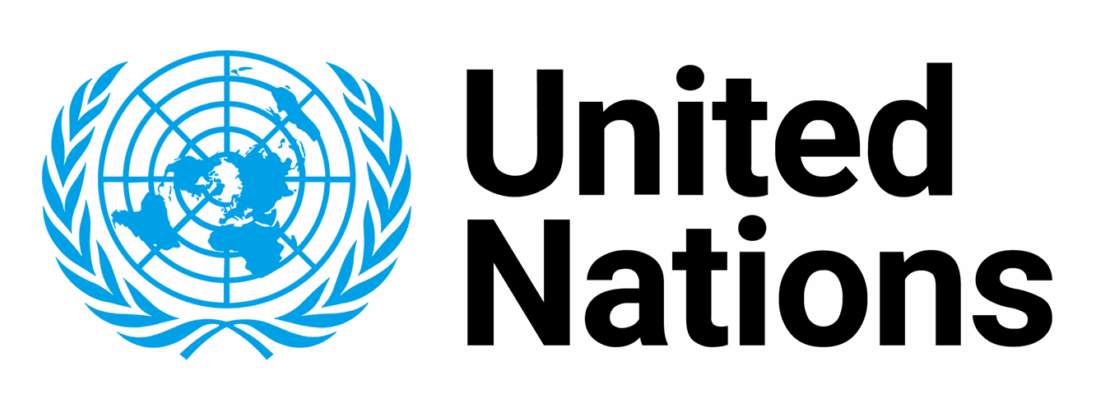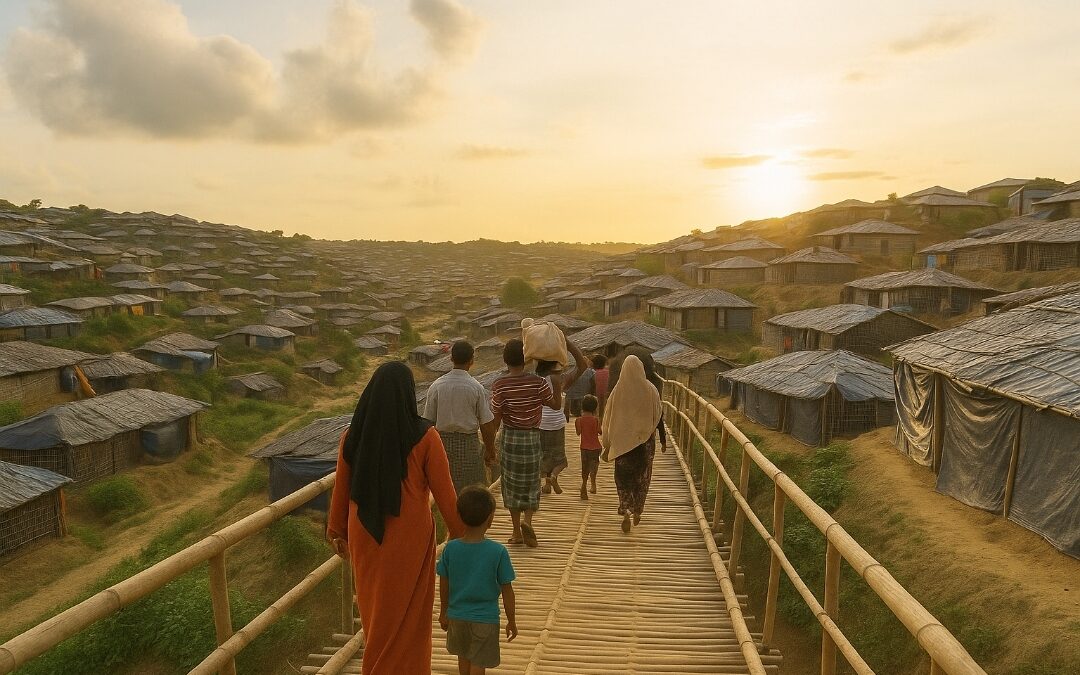The World Organization of States – International Parliament for Safety and Peace (WOS-IPSP) expresses its deep concern over the situation of the Rohingya people, one of the most serious humanitarian crises of our time. Eight years after the mass exodus of 2017, more than one million three hundred thousand refugees are living in overcrowded camps in Bangladesh, under extremely precarious conditions, deprived of nationality, educational prospects, and human dignity. The risk of an entire lost generation is today a concrete reality: thousands of children are out of school, families depend on reduced food assistance, and despair fuels violence, early marriages, and child labor. At the same time, international investigations into the crimes committed against the Rohingya risk being paralyzed by budget cuts, threatening the very principle of justice and accountability.
The WOS-IPSP stresses that the Rohingya crisis is not only a regional problem but a matter of global conscience. The denial of citizenship and fundamental rights in Myanmar remains the root of the problem. International law, including the principles of the Refugee Convention and the United Nations Charter, obliges States to protect the most vulnerable.
The WOS-IPSP urgently calls for the immediate restoration of humanitarian funding, with priority to education, health, and food security. It is essential to guarantee legal protection and to support United Nations investigations so that the crimes against the Rohingya do not go unpunished. There is also a need to work towards a shared plan for a safe, voluntary, and dignified return to Myanmar, with full recognition of citizenship and civil rights. Member States of the WOS-IPSP are encouraged to provide technical assistance, social inclusion programs, and humanitarian corridors, together with the establishment of a Special International Fund dedicated to the Rohingya refugees, coordinated with United Nations agencies and humanitarian organizations active on the ground.
The WOS-IPSP strongly urges all States, international institutions, and civil society not to leave the Rohingya people in oblivion. This crisis is a test of our humanity and of the principles of justice and peace that must guide the international community. The future of the Rohingya cannot be one of eternal existence in refugee camps. Immediate action, global cooperation, and true political will are necessary.



